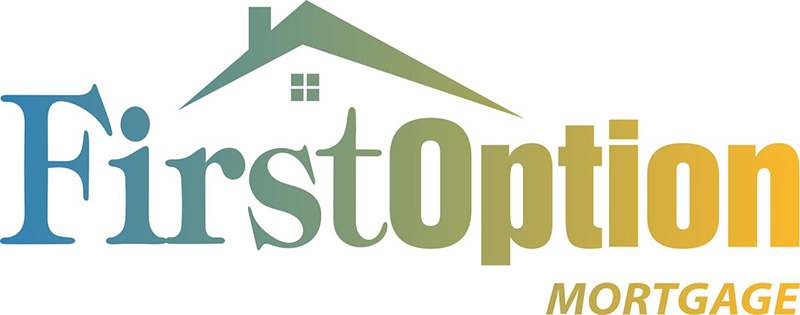Buying a home is incredibly exciting, but it’s also one of the biggest financial decisions most people make in their whole life. Plus, paying for the right mortgage for your new home is just as important as finding a home to your liking. So, before you decide to buy a home, it’s a good idea to check your credit. This post will go over how credit scores are calculated and how they can affect your home loan.
How Credit Scores Are Calculated
There are three main credit bureaus: Equifax, Experian, and TransUnion. These organizations use different credit scoring models, and other lenders and creditors don’t always report to all three bureaus. Many of them do, but some only need to report to two, one, or none.
With that being said, the general factors that lead to one’s credit score are:
Payment history: How you handle credit cards and loans. This includes payments you’ve made on time, late payments, or other accounts you had.
What you owe: Lenders want to know how much debt you have compared to your original loan balance or available credit loan.
Credit history: Lenders want to know how long you have been borrowing money.
Credit mix: Lenders want to know how you’ve done paying for different kinds of loans.
New credit: Lenders will want to know how many accounts you’ve opened or applied for. They usually look for accounts in a 6-12-month period.

Credit Scores and Home Loans
Most FICO scores range from 300-850. If you have a higher score this can make it easier to qualify for loans that offer better interest rates. Lower scores can mean that you’ll be paying more money over the length of your mortgage.
Many people like to talk about conventional loans that are backed by Fannie Mae and Freddie Mac, but these kinds of loans put a lot of focus on your credit score. Not all loans do this.
Some loans like Federal Housing Administration (FHA) and Department of Veterans Affairs (VA) loans don’t ask for higher scores. In fact, some FHA loans can be had with a score as low as 500. VA loans don’t require a minimum FICO score, but most lenders will want something around 620 or more. This is also the case with USDA loans backed by the Agriculture Department which usually want a credit score of 640 or above.
Different loans come with different interest rates, upfront payments, mortgage insurance payments, and premiums that can all be affected by one’s credit score. There are different levels of leniency for each loan, but if your credit score and finances are in good order, you should be able to get the loan that works best for you!








